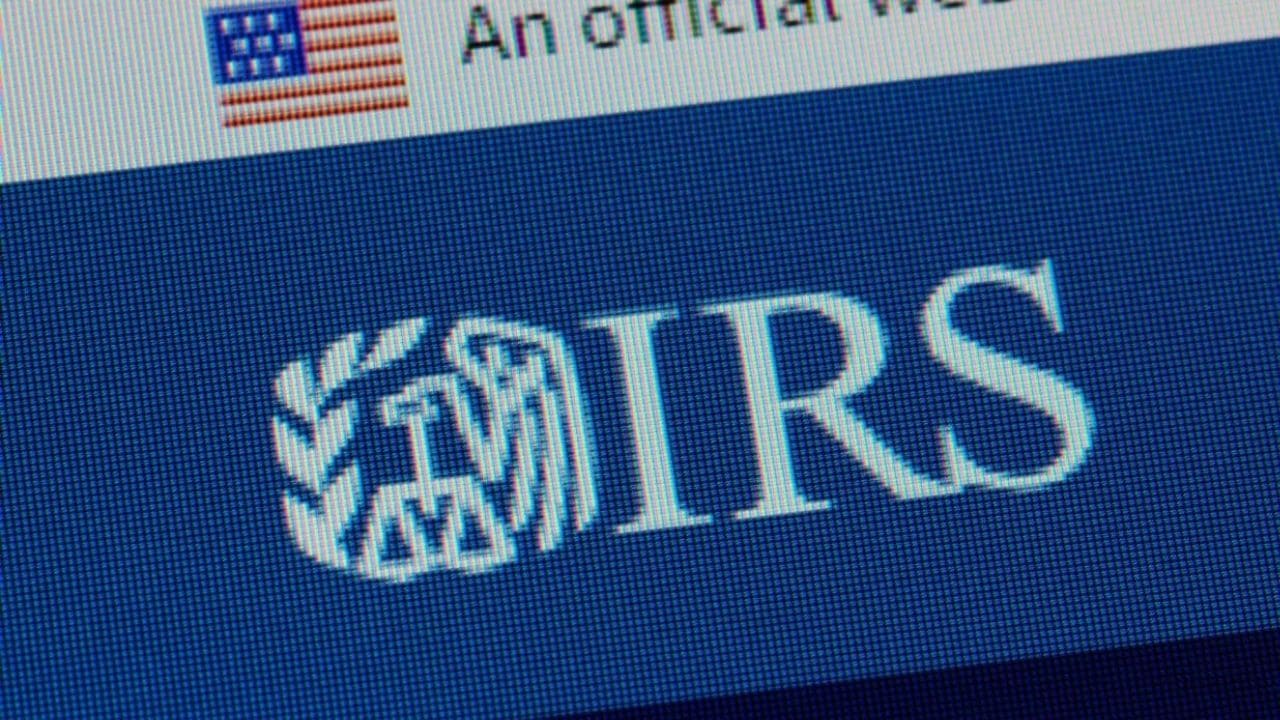IRS Refunds : In a surprising move, the Internal Revenue Service (IRS) has announced a potential refund of up to $6,600 for eligible United States residents. This development comes as part of the government’s ongoing efforts to provide financial relief to citizens in the face of economic challenges. Let’s delve into the details of this significant announcement and what it means for taxpayers across the nation.
Understanding the New IRS Refund
The IRS has recognized that many eligible individuals may have missed out on claiming certain tax credits during the 2020 tax year. As a result, they’ve introduced this refund opportunity to ensure that taxpayers receive the benefits they’re entitled to. This refund is not a new stimulus payment but rather a chance for people to claim credits they may have overlooked or were unaware of during a particularly tumultuous year.
Key Points of the Refund:
- Maximum Amount: Up to $6,600 per eligible individual or family
- Target Group: Those who did not claim specific tax credits in 2020
- Deadline: January 14, 2025
- Purpose: To provide financial support and correct potential oversights in tax filings
Eligibility Criteria
Not everyone will qualify for this refund. The IRS has set specific criteria to determine eligibility:
- Income Threshold: Generally, individuals with an annual income below $50,594 for the 2020 tax year may be eligible.
- Family Size: Families with three or more qualifying children are more likely to receive the maximum refund amount.
- Filing Status: Various filing statuses are considered, including single, married filing jointly, and head of household.
- Unclaimed Credits: Eligibility is primarily based on having unclaimed credits from the 2020 tax year.
It’s crucial to note that meeting these criteria doesn’t guarantee the full $6,600 refund. The actual amount will vary based on individual circumstances and the specific credits that were unclaimed.
The Importance of the Earned Income Tax Credit (EITC)
A significant portion of this refund opportunity is tied to the Earned Income Tax Credit (EITC). The EITC is a benefit for working people with low to moderate income, particularly those with children. In 2020, many eligible individuals may have missed out on this credit due to the confusion and challenges brought about by the COVID-19 pandemic.
EITC Facts:
- It’s one of the largest anti-poverty programs in the United States
- The credit amount increases with the number of qualifying children
- For 2020, the maximum EITC ranged from $538 for no qualifying children to $6,660 for three or more qualifying children
How to Claim the Refund
If you believe you might be eligible for this refund, here are the steps you should take:
- Review Your 2020 Tax Return: Look for any unclaimed credits, particularly the EITC.
- Gather Necessary Documents: Collect all relevant financial documents from 2020, including W-2s, 1099s, and records of any government benefits received.
- Use IRS Free File: If your income is $73,000 or less, you can use IRS Free File to prepare and file your amended return at no cost.
- File Form 1040-X: This is the Amended U.S. Individual Income Tax Return form.
- Submit Before the Deadline: Ensure your amended return is filed by January 14, 2025.
Potential Impact on Taxpayers
This refund opportunity could have a significant impact on eligible individuals and families:
- Financial Relief: For many, this could provide much-needed financial assistance, especially in the wake of economic challenges.
- Correction of Oversights: It allows taxpayers to rectify any mistakes or oversights in their 2020 tax filings.
- Increased Awareness: This initiative may lead to greater awareness of available tax credits, potentially benefiting taxpayers in future years.
Challenges and Considerations
While this refund opportunity is undoubtedly positive, there are some challenges and considerations to keep in mind:
- Complexity: Tax laws and credits can be complex, potentially leading to confusion about eligibility.
- Documentation: Gathering accurate documentation from 2020 might be challenging for some individuals.
- Processing Time: Given the potential volume of amended returns, processing times may be longer than usual.
- Impact on Other Benefits: In some cases, receiving this refund could affect eligibility for other government benefits.
The IRS’s Perspective
From the IRS’s standpoint, this initiative serves multiple purposes:
- Fairness: It ensures that eligible taxpayers receive the credits they’re entitled to, even if they initially missed claiming them.
- Economic Stimulus: By potentially putting money back into the hands of consumers, it could have a positive effect on the economy.
- Improved Compliance: It may encourage more accurate and complete tax filings in the future.
Looking Ahead: Tax Planning for 2025 and Beyond
This refund opportunity serves as a reminder of the importance of thorough tax planning and awareness of available credits. As we look ahead to future tax years, consider the following:
- Stay Informed: Keep abreast of changes in tax laws and available credits.
- Maintain Records: Keep detailed financial records to ensure you can claim all eligible credits.
- Seek Professional Advice: If in doubt, consult with a tax professional to maximize your benefits and ensure compliance.
Conclusion
The announcement of potential $6,600 refunds from the IRS represents a significant opportunity for many United States residents. It underscores the importance of understanding and claiming all eligible tax credits. While the process may seem daunting, the potential financial benefit makes it worth exploring.
As we navigate these complex financial waters, it’s crucial to stay informed, maintain accurate records, and seek professional advice when needed. This refund initiative not only provides potential immediate financial relief but also serves as a valuable lesson in the importance of thorough tax planning and awareness.
Remember, the deadline of January 14, 2025, may seem distant, but it’s advisable to act sooner rather than later. Review your 2020 tax return, assess your eligibility, and take the necessary steps to claim any refunds you may be entitled to. In doing so, you not only potentially benefit financially but also contribute to a more accurate and fair tax system for all.
